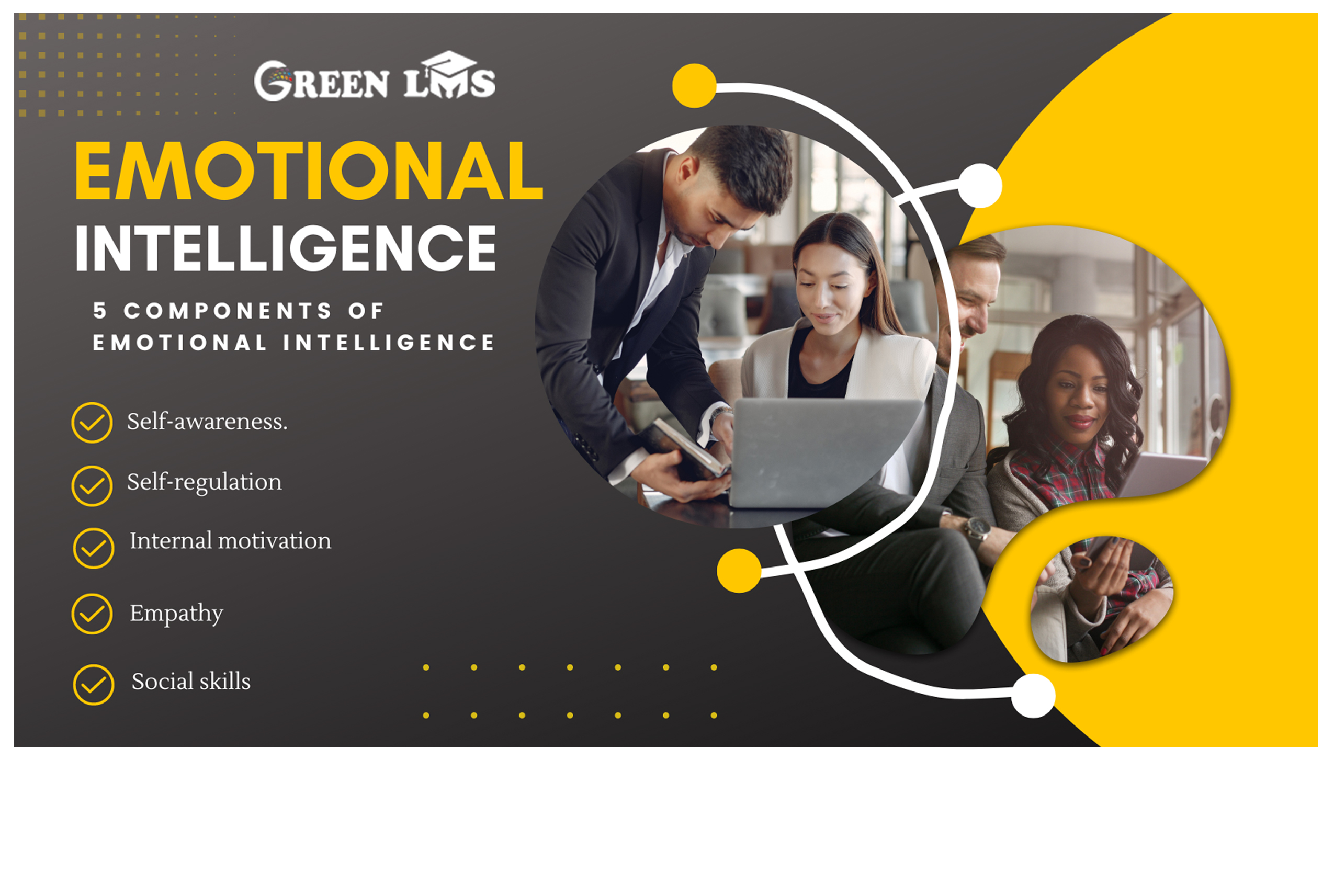What is emotional intelligence or EQ? Emotional intelligence (otherwise known as emotional quotient or EQ) is the ability to understand, use, and manage your own emotions in positive ways to relieve stress, communicate effectively, empathize with others, overcome challenges and defuse conflict.
Emotional intelligence has become increasingly important in recent years as researchers and employers recognize its value in various aspects of life. Here’s more information on each component of emotional intelligence and why they matter:
Self-awareness:
A strong sense of self-awareness allows individuals to recognize their emotions as they occur, understand their triggers, and develop an accurate perception of their strengths and weaknesses. This self-knowledge helps people make better decisions, avoid emotional pitfalls, and leverage their strengths in personal and professional situations.
Self-regulation:
Being able to manage emotions is crucial for emotional well-being and effective functioning. Self-regulation involves controlling impulsive behaviors, managing stress, and adapting to changing circumstances. People with good self-regulation skills can maintain their composure under pressure, which helps them avoid making rash decisions and handle conflicts constructively.
Motivation:
Emotionally intelligent individuals can channel their emotions to fuel their motivation and drive for achievement. They are resilient in the face of setbacks and maintain a positive outlook, which helps them stay focused on their goals. High levels of motivation can lead to increased productivity, better problem-solving abilities, and overall success.
Empathy:
Being empathetic means being able to put oneself in another person’s shoes and understand their emotions and perspectives. Empathy is essential for building strong relationships, as it enables people to provide support, communicate effectively, and collaborate with others. In professional settings, empathy can help leaders inspire their teams, foster a positive work environment, and manage conflicts effectively.
Social skills:
Effective social skills are crucial for navigating complex social situations and building strong relationships. These skills include active listening, clear communication, conflict resolution, and persuasion. People with strong social skills can work effectively in teams, build networks, and influence others in a positive manner.
Summary
In summary, emotional intelligence encompasses a range of abilities that contribute to personal and professional success. Developing these skills can lead to improved mental health, stronger relationships, better decision-making, and increased adaptability in various aspects of life.
The Green LMS has solutions for all major e-learning sectors: Green LMS for K-20, K-12 for school, and Corporate LMS for Entrepreneurs. For more information, please visit www.thegreenlms.com


